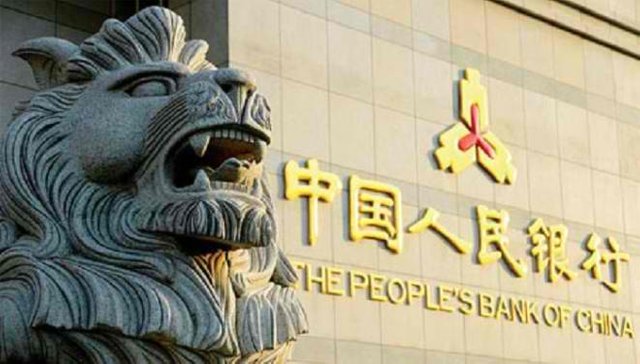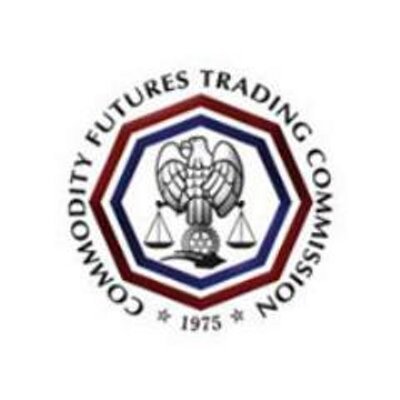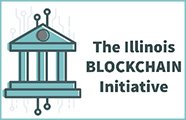Blockchain and Fintech Market - Regulatory & Policy Briefing, 7-6-2017
Global
Financial Stability Board
The Financial Stability Board—an international body consisting of G-20 members—issued a report suggesting that blockchain innovations do not pose risks to financial stability, but recognizing potential legal issues that stem from regulatory uncertainties surrounding smart contracts and cross-border financial activities enabled by distributed ledger tech. This weighing of benefits vs. risks strikes a similar tone to studies by other international bodies like the Bank for International Settlements and public remarks by U.S. regulators which point out how distributed ledger tech can streamline financial transactions but at the same time pose systemic risks due to operational complexity and different protocol standards.

Intergovernmental Institutions
The World Bank launched its blockchain lab, the first intergovernmental organization to set up a lab to test use cases focused on social impact projects in developing economies. Meanwhile, the United Nations Development Programme (UNDP) is working on a pilot in Tajikstan to help the 70% of its people who are unbanked achieve financial inclusion by setting up blockchain-based payment systems for migrant workers to send remittances from abroad. This project is led by UNDP’s Alternative Finance Lab, a sign that global organizations are tapping into blockchain’s benefits to attain social outcomes: cryptographically secured, incorruptible, decentralized and transparent.

Asia Pacific
People's Bank of China's launches digital currency institute
The People’s Bank of China—China’s central bank—launched a digital currency research institute, as part of its five-year development plan to accelerate the introduction of emerging technologies like blockchain and artificial intelligence. The institute—which is in Beijing’s financial district—is set to test prototypes of blockchain-backed digital currency. The POBC isn’t the first central bank to take such initiatives.
The Bank of England has dedicated a unit to research distributed ledger technology and has explored the concept of central bank-backed digital currency much earlier. Bottom line: these central bank actions are devoted mostly to R&D efforts and exploring proof-of-concepts. It’s unclear whether these proposals will be geared towards digital representation of fiat notes on the blockchain or will it be a state-backed cryptocurrency. The former doesn’t affect the money supply while the latter has broader economic implications.

Source: BullionStarSouth Korea prepare to legalize and regulate digital currencies
South Korean lawmakers signaled their intention to legalize and regulate cryptocurrencies, including Bitcoin and Ether. This move reflects substantial growth of the digital assets marketplace in the country, with stakeholders including some of its biggest corporations. The proposed amendments to its Electronic Financial Transactions Act would require traders, brokers or other business entities involved in cryptocurrency transactions to get regulatory approval from the Financial Services Commission. Requirements would require minimum capital requirements while allowing financial authorities to impose capital gain tax on cryptocurrency transactions.

United States
Federal Regulator Approves Cryptocurrency Swaps Execution Facility
The US Commodity Futures Trading Commission (CFTC) has approved blockchain startup LedgerX registration as a swap execution facility (SEF). This is only the second company to have formal approval to trade digital currency derivatives. Though this is a big hurdle for the crypto options startup, it’ll need to complete a series of steps before getting license to officially deal with major cryptocurrencies like Bitcoin and Ether. Bottom line: according to CoinDesk, this is a positive momentum for the digital currency options market that will bring in more institutional investors and thus increased liquidity and price discovery.

Illinois Lawmakers to Create Blockchain Taskforce
The State of Illinois legislature approved a measure that would create an inter-governmental blockchain task force to research how organizations and businesses in the state can leverage the benefits of the technology. This is part of broader agenda to foster a friendly ecosystem for blockchain and fintech innovations. Its state financial regulator was also the first U.S. regulator to join as a member in R3 CEV--the largest financial consortium on distributed ledger tech--potentially helping the consortium test its regulatory node on R3's Corda application interface to receive and share data with financial entities.
The stated purpose of the Illinois bill is as follows:
"Creates the Illinois Legislative Blockchain and Distributed Ledger Task Force to study how and if the state of Illinois, county governments, and municipal governments can benefit from a transition to a Blockchain-based system for recordkeeping and service delivery."

dead mean walking.